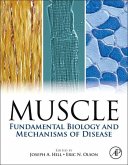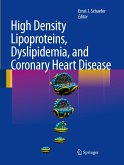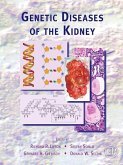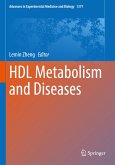The HDL Handbook: Biological Functions to Clinical Implications brings laboratory research in HDL from bench to bedside in this needed resource for researchers and clinicians studying cholesterol, lipids, epidemiology, biochemistry, molecular medicine, and pathophysiology of cardiovascular diseases. In addition, researchers and clinicians working with an aging population, corporate researchers, post-doctorates; medical students and graduate students will find this publication useful because the scope of coverage includes basic science, genetics, epidemiology, and treatment of HDL cholesterol as well as potential targets to modify HDL cholesterol.
"Editor Komoda's research handbook for physicians and medical scientists addresses in detail the biochemistry and pathophysiology of high-density lipoprotein (HDL) cholesterol. The history of HDL research is summarized in the introduction, including its labeling as "good cholesterol" and recent questions problematizing that label." --ProtoView.com, January 2014
"This is one of the best available sources for a concise yet detailed review of the enormous data on HDL mechanics, genetics, and clinical implications.a very effective and focused presentation for a complex topic.This is an outstanding work. The book is unique in that it not only updates leaders in the field on new advances in HDL research, but it also can jump start beginners in the field." Rating: 4 Stars --Doody.com, February 28, 2014
"This is one of the best available sources for a concise yet detailed review of the enormous data on HDL mechanics, genetics, and clinical implications.a very effective and focused presentation for a complex topic.This is an outstanding work. The book is unique in that it not only updates leaders in the field on new advances in HDL research, but it also can jump start beginners in the field." Rating: 4 Stars --Doody.com, February 28, 2014








